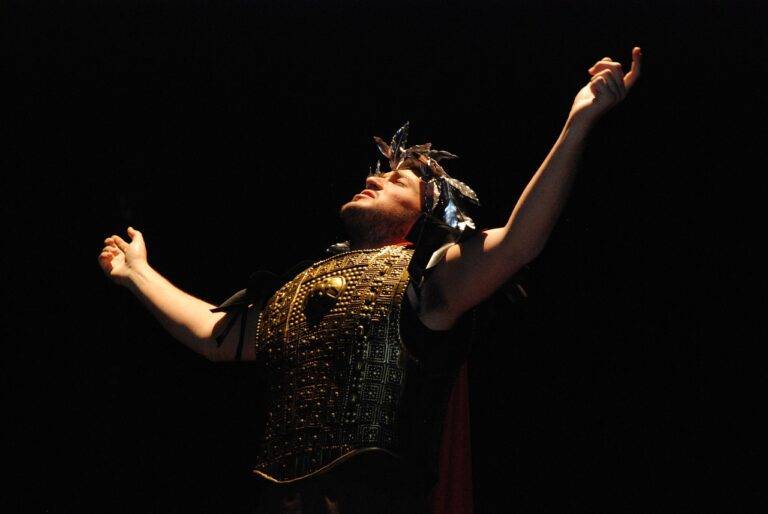Exploring the World of Esports Coaching and Training
Esports coaching has transformed significantly over the years alongside the rapid growth of the industry. Initially, coaches in esports were primarily focused on strategizing gameplay and analyzing opponents. However, as the competitive scene became more professionalized, the role of a coach expanded to include player development, team management, and mental wellness support. This evolution brought about a crucial shift in how teams approached training and preparation for tournaments, emphasizing the importance of having a strong coaching staff to guide players towards success.
With the increasing demand for highly skilled coaches in the esports community, organizations began investing more resources into identifying and hiring top talent. Coaches are now expected to possess a deep understanding of the game, excellent communication skills, and the ability to provide constructive feedback to players. Moreover, the best coaches are adept at fostering team chemistry, resolving conflicts, and adapting strategies on the fly during intense gameplay. As esports continues to gain mainstream recognition, the role of a coach remains pivotal in shaping the success and longevity of competitive teams.
Understanding the Role of a Esports Coach
Esports coaches play a crucial role in guiding and developing professional gamers to reach their full potential. They are responsible for strategizing gameplay, analyzing opponents, and providing valuable feedback to enhance the team’s performance. A successful esports coach not only has a deep understanding of the game mechanics but also possesses strong leadership skills to effectively communicate with players and foster a positive team environment.
In addition to in-game tactics, esports coaches also often take on the role of mentors, offering emotional support and assistance in managing the psychological aspects of competitive gaming. They help players cope with the pressures of high-stakes tournaments, overcome performance slumps, and maintain a healthy work-life balance. By serving as a mentor and confidant, esports coaches contribute to the overall well-being of their players, ensuring they are mentally and emotionally prepared to tackle the challenges of professional gaming.
What is the main role of an esports coach?
The main role of an esports coach is to provide guidance, support, and strategic direction to the team. They help players improve their skills, develop game strategies, and manage team dynamics.
How has esports coaching evolved over the years?
Esports coaching has evolved from being a relatively informal role to a more professional and structured position. Coaches now play a crucial role in the success of a team, with many professional esports organizations hiring full-time coaches.
What qualifications are required to become an esports coach?
While there are no formal qualifications required to become an esports coach, having a deep understanding of the game, strong communication skills, and experience in competitive gaming are essential. Some coaches may also have backgrounds in sports coaching or psychology.
What are some common responsibilities of an esports coach?
Some common responsibilities of an esports coach include analyzing gameplay footage, developing practice schedules, conducting team meetings, providing feedback to players, and scouting opponents.
How important is the role of an esports coach in a team’s success?
The role of an esports coach is extremely important in a team’s success. A good coach can help players reach their full potential, improve team coordination, and develop winning strategies. Their guidance and support are often crucial in achieving success in the competitive esports scene.





